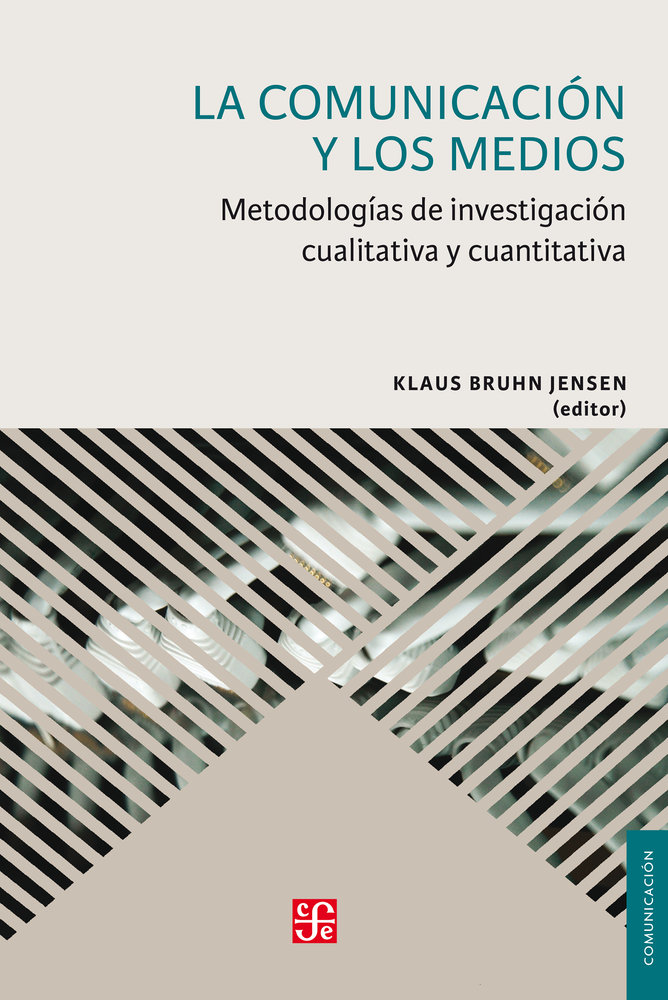Este texto ofrece una guía metodológica para la investigación cuantitativa y cualitativa en materia de comunicación. Recapitula el origen del estudio de la comunicación y de los medios masivos así como los debates actuales. Es una propuesta integradora de las diversas posturas que hay en este campo académico. De esta forma, ofrece recursos actualizados que ayudarán a investigadores y profesionales a tener una comprensión más rica y vigente de la "convergencia mediática". Algunas de las temáticas incluidas son el tipo de fuentes para las investigaciones, los procesos de la comunicación, los usuarios de los medios, contextos mediáticos así como los distintos enfoques científicos que existen.


